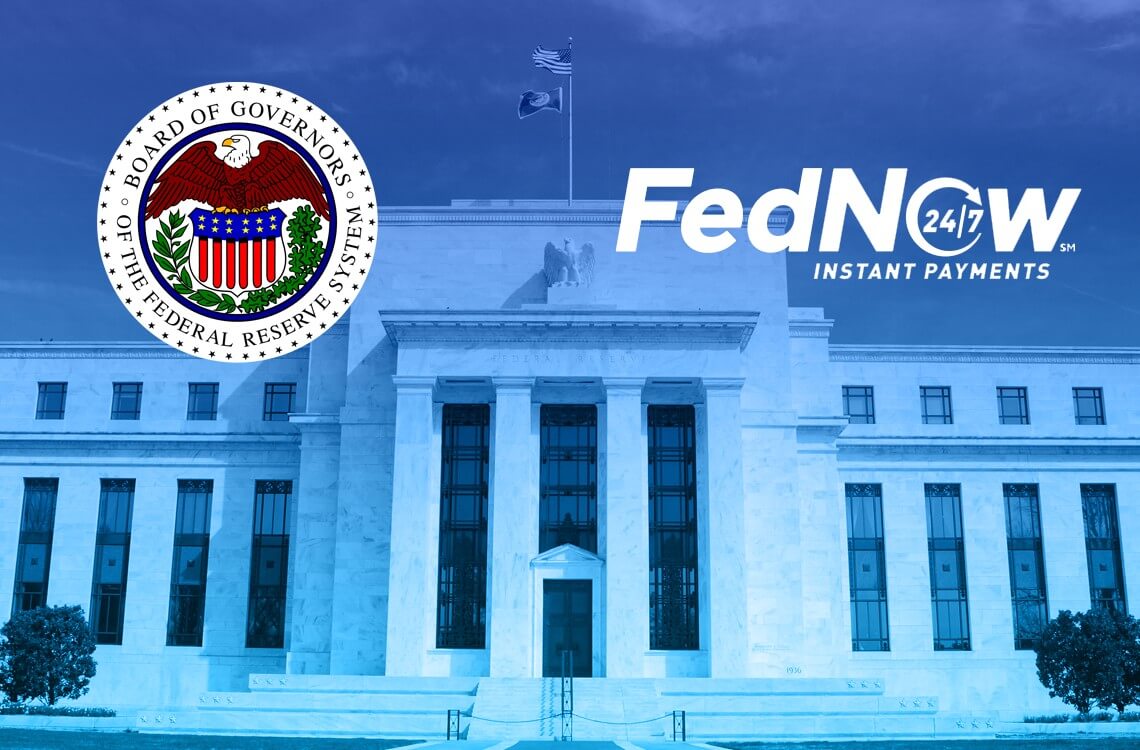SEC Proposed Custody Changes Could Cut Investment Advisers Out of Crypto | Tarter Krinsky & Drogin LLP

Background
On Wednesday, February 15, 2023, the US Securities and Exchange Commission (SEC) published proposed amendments to § 206(4)-2 of the Investment Advisers Act of 1940, which set forth the custodial requirements applicable to registered investment advisers. The current rule requires investment advisers to deposit the clients’ “funds and securities” with a qualified custodian. The rule aims to protect the client’s assets against a range of risks, including loss through abuse by the investment adviser or entanglement in the adviser’s estate in bankruptcy.
According to SEC Chairman Gary Gensler, “[the] the current rule … covers a significant amount of cryptoassets.” As stated in the SEC’s press release, Chairman Gensler asserted that “most cryptoassets are likely funds or cryptoasset securities covered by the current rule.” Chairman Gensler’s statement concedes that some crypto assets may not be securities, and to the extent the SEC seeks to charge an investment adviser with violating the current rule based on the adviser depositing crypto assets with a non-qualified custodian, the SEC will need to prove that the assets were ” crypto-securities” on an asset-by-asset basis.
The implication of the new rule
The proposed changes to the rule would relieve the SEC of having to prove that the assets were crypto-securities by expanding the scope of the custody requirements beyond the client’s “funds and securities” to apply more generally to the client’s “assets.” The SEC announced that this change is intended to “expand[] the application of the current custody rule for investment advisers beyond client funds and securities to include client assets[.]” Chairman Gensler confirmed in a statement the same day that “today’s proposal, by covering all asset classes, would cover all crypto assets[.]”
Whether intended or not, if codified into law, the proposed changes could shut investors trading through investment advisors out of the crypto markets unless and until the centralized crypto exchange model evolves to allow off-exchange settlement through third-party intermediaries.[1]
Traditional securities vs. centralized crypto exchanges
For purposes of the 1940 Act’s depository rules, the critical and related differences between traditional securities exchanges and centralized crypto exchanges are who holds the securities traded on the exchange and where trades are settled. In the case of traditional stock exchanges, a qualified custodian holds the traded securities and helps settle the trades. This process allows the investment adviser to remain compliant with the custodian rules because it never results in client funds being transferred outside the custodian to a qualified custodian.
In contrast, an investor trading on a centralized crypto exchange must typically transfer assets to a wallet controlled by the exchange so that the exchange can settle the investor’s trades. Once the trade is completed, the investor has the option to either leave their assets in the exchange controlled wallet or transfer their assets to an off-exchange wallet. As a result, the centralized crypto exchange model will require an investment advisor to transfer client funds to the exchange-controlled wallet to complete a trade. As Chairman Gensler made clear on the day of the release, “[t]The current business model in crypto exchanges does not meet the qualified custodian standard,” and thus “investment advisers cannot rely on them as qualified custodians.” For this reason, the current centralized crypto exchange model would require an investment adviser to violate the amended rule with each transfer of client funds to an exchange controlled wallet. This breach would literally be inevitable and would act as a de facto ban on investment advisors trading clients’ crypto assets on centralized crypto exchanges as they exist today. Moreover, even if the proposed changes do not become law, the SEC’s statement that ” most cryptoassets are likely to be funds or cryptoasset securities covered by the applicable rule” have the same practical effect on investment advisers.
Looking forward
What remains to be seen is whether centralized crypto exchanges will evolve to allow off-exchange settlement through a third-party intermediary in the form of a Depository Trust Company so that investment advisors can trade crypto assets without fear of SEC action.
The full text of the proposed amendments is available at Comments on the proposal may be submitted to the SEC in the manner described therein, on or before 60 days after the date of publication in the Federal Register.
[1] It seems unlikely that the decentralized crypto exchange model will provide a viable alternative for investment advisers to trade client funds given that such exchanges are designed specifically for peer-to-peer transactions without intermediaries such as managers and investment advisers.
[View source.]

























